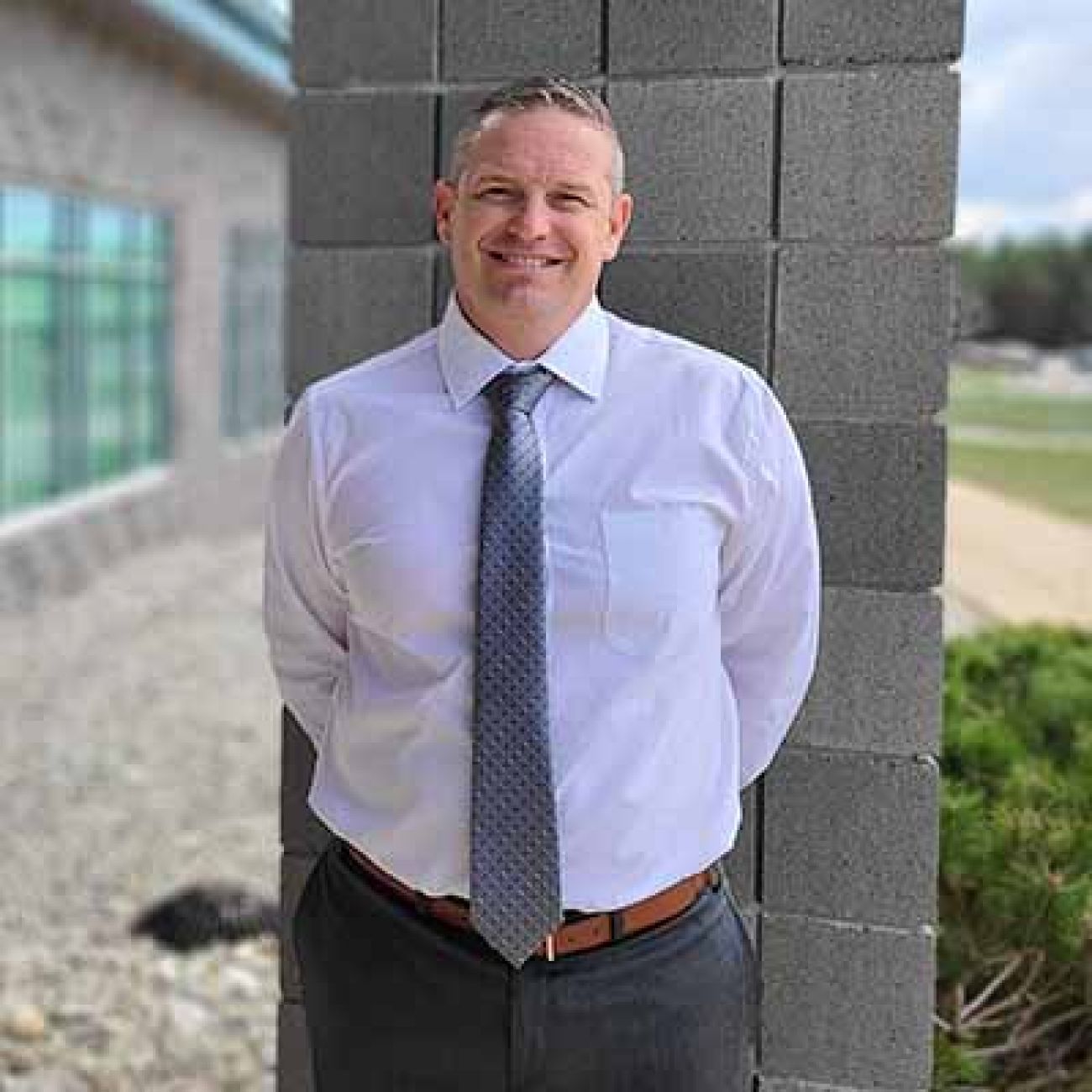Opinion | Michigan needs better trained nurses. Community colleges can help
More than a third of all undergraduate students in the U.S. trust our nation’s community colleges to provide them with postsecondary education to achieve their career goals. Now, Michigan’s 28 community colleges are asking state legislators to trust them to address a critical piece of its healthcare infrastructure: the need for better trained nurses to handle more complex clinical demands.

Baccalaureate-prepared nurses are linked to better patient outcomes. At Petoskey’s McLaren Northern Michigan, nurses are required to complete their BSN degree within five years of being hired. There are currently 94 nurses who need to complete their BSN within the next five years, and that number is expected to grow. The Bureau of Labor Market Information and Strategic Initiatives projects more than 6,600 open RN positions statewide annually through 2028.
House Bills 5556 and 5557, which recently passed the House Education Committee, would amend the Community College Act of 1966 to allow Michigan community colleges to offer Bachelor of Science in Nursing (BSN) degrees, providing an opportunity for students to complete advanced training from their local college.
And while legislative nuances are up for discussion, the need for additional training for nurses cannot be debated. More than a year and a half since COVID-19 laid bare the inadequacies in our healthcare system, hospitals across Michigan are operating at 83 percent of their capacity. In the Tip of the Mitt, the strain is even more acute, with 95 percent of beds at McLaren Northern Michigan occupied as of November 30 — the same day the House Education Committee held its hearing on these bills.
Hospitals need nurses with all levels of training. Two-year colleges, with their close connections to regional industries and the ability to serve nontraditional students, are uniquely positioned to address this need by providing higher-level nursing education in their communities.
Community colleges also provide currently employed RNs a more cost-effective option than traditional four-year universities and online options from out-of-state colleges. BSN-trained nurses will be in high demand as more hospitals incentivize associate degree nurses to advance their education. These nurses should have the option to continue their training in the system that provided their associate degree education.
North Central Michigan College nurses leave our classrooms to reach the greatest professional heights. Our nurses are among the best prepared in the state—and in the top tier of RN graduates nationwide—according to a 2021 ranking released by the National Council of State Boards of Nursing. The No. 1 ranking measured North Central’s May 2020 nursing graduates against all other RN graduates in Michigan, including those from four-year universities.
Our Class of 2020 nurses also achieved a 100 percent employment rate upon graduation, with 90 percent of them working in Northern Michigan or the Upper Peninsula. And because they are living and working locally, they deserve the opportunity to continue their education at their local college.
It’s time to remove this barrier and allow local colleges to advance nursing education at all levels, and it starts with passage of H.B. 5556 and 5557. Michigan’s community colleges are up to the task.
See what new members are saying about why they donated to Bridge Michigan:
- “In order for this information to be accurate and unbiased it must be underwritten by its readers, not by special interests.” - Larry S.
- “Not many other media sources report on the topics Bridge does.” - Susan B.
- “Your journalism is outstanding and rare these days.” - Mark S.
If you want to ensure the future of nonpartisan, nonprofit Michigan journalism, please become a member today. You, too, will be asked why you donated and maybe we'll feature your quote next time!




